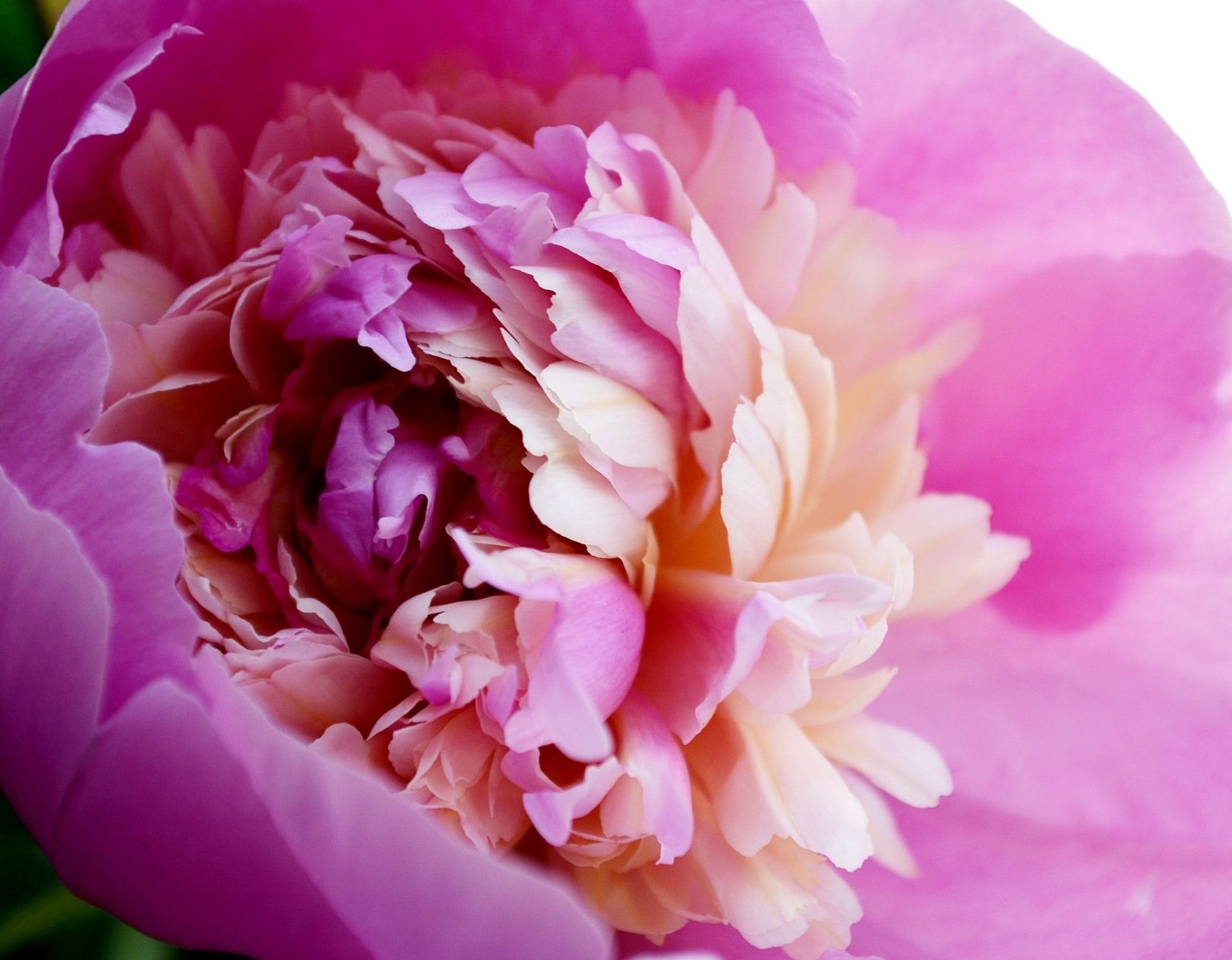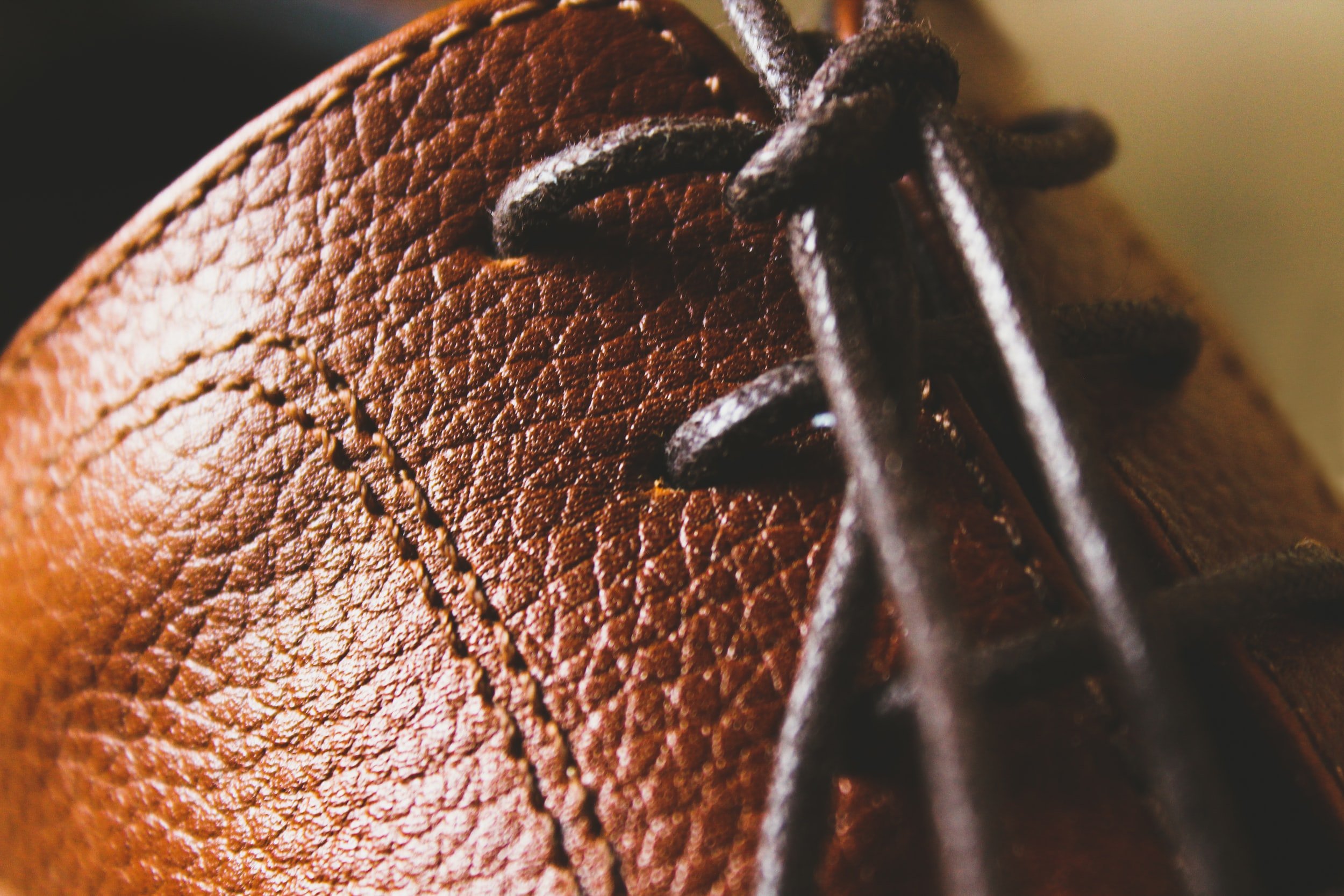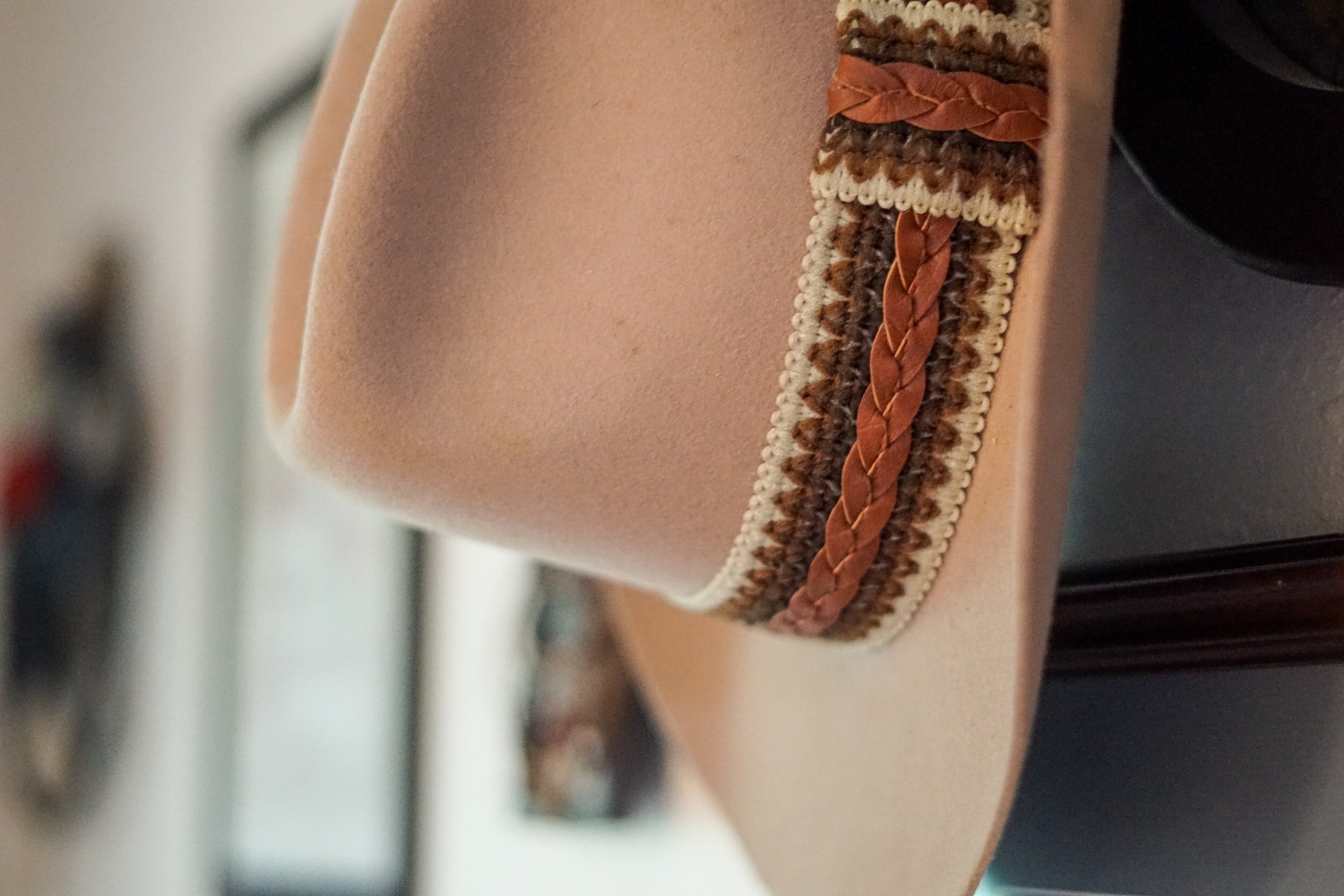Translated by Sekyo Nam Haines
Eyes barely open, I lean against the headboard, think of nothing.
Before burning down one candle’s shaft, the short summer’s night flees,
over the threshold stone, suddenly, the pomegranate flowers explode.
Inside the bud, a new universe, squirms to open! O, here
the silent vapor of the primordial ocean wets the petals.
The pomegranate flowers color my entire room.
I go inside the Pomegranate flower and sit. Think of nothing.
Original poem by Cho Ji Hoon
화체개현
실눈을 뜨고 벽에 기대인다 아무 것도 생각할 수가 없다.
짧은 여름 밤은 촛불 한 자루도 못다 녹인 채 사라지기 때문에
섬돌 위에 문득 석류꽃이 터진다.
꽃망울 속에 새로운 우주가 열리는 파동! 아 여기 태고 적
바다의 소리 없는 물보래가 꽃잎을 적신다
방 안 하나 가득 석류꽃이 물들어 온다. 내가 석류꽃 속으로
들어가 앉는다. 아무 것도 생각할 수가 없다.
Born in South Korea, Sekyo Nam Haines immigrated to the U.S. in 1973 as a registered nurse. She studied American literature and writing at Goddard College ADP and poetry with the late Ottone M. Riccio in Boston, MA. Her first book, Bitter Seasons' Whip: The Translated Poems of Lee Yuk Sa was published in April 2022 (Tolsun books). Her poems have appeared in the poetry journals Constellations, Off the Coast and Lily Poetry Review. Her translations of Korean poetry by Cho Ji Hoon have or will appear in Interim, Asymptote’s Tuesday blog, The Tampa Review, Tupelo Quarterly, and Consequence Forum, May Day. Her translations of Kim Sowohl’s poetry have appeared in The Harvard Review, Brooklynrail: InTranslation, Ezra, and Circumference. Her translation of “The Dire Pinnacle” by Lee Yuk Sa appeared in And There Will Be Singing /An Anthology of International Writing by The Massachusetts Review. Sekyo lives in Cambridge, MA with her family.
Born in 1920, Cho Ji Hoon is a canonical poet of modern Korea and a renowned traditionalist of Korean aesthetics. Although his poetry is written in a modernist free verse form, his poems resonate with the deep root of Korean literati Sijo and have an intense local flavor, imbued with the sounds, smells and colors of pre-industrial Korea. In 1939, at age 19, Cho Ji Hoon published his first poem in the literary magazine MoonJang. In 1946, he published his collection of poetry, Cheongnok Zip (청록집) alongside with the poets Park Mokwohl and Pak Doo Zin. They were known as “Cheongnokpa,” the Green Deer Poets. A professor of Korean language and literature at Korea University for 20 years, Cho Ji Hoon served as the president of the Korean cultural society affiliated with the university and president of the Korean poet’s association. He received numerous literary awards, published five poetry collections, and many books related to Korean literature and culture.













